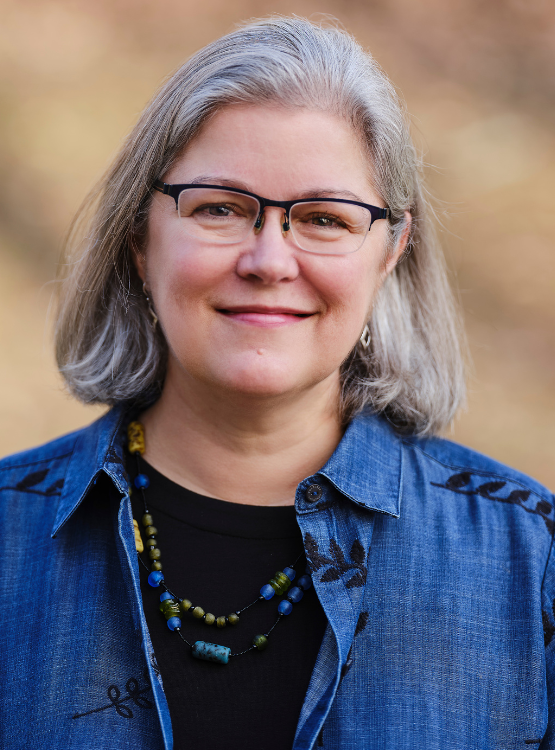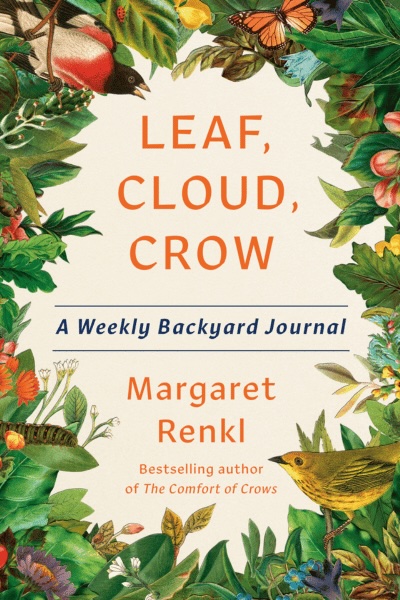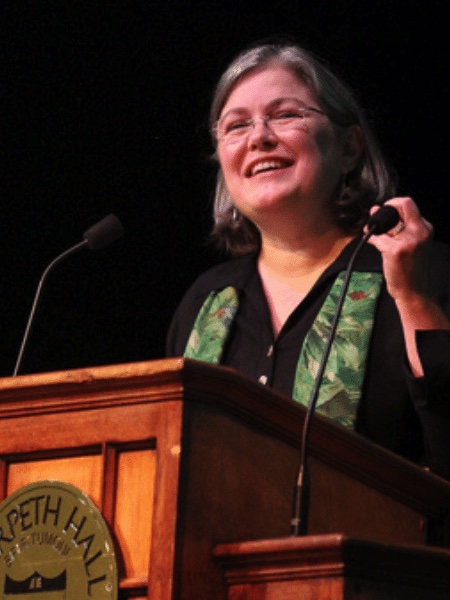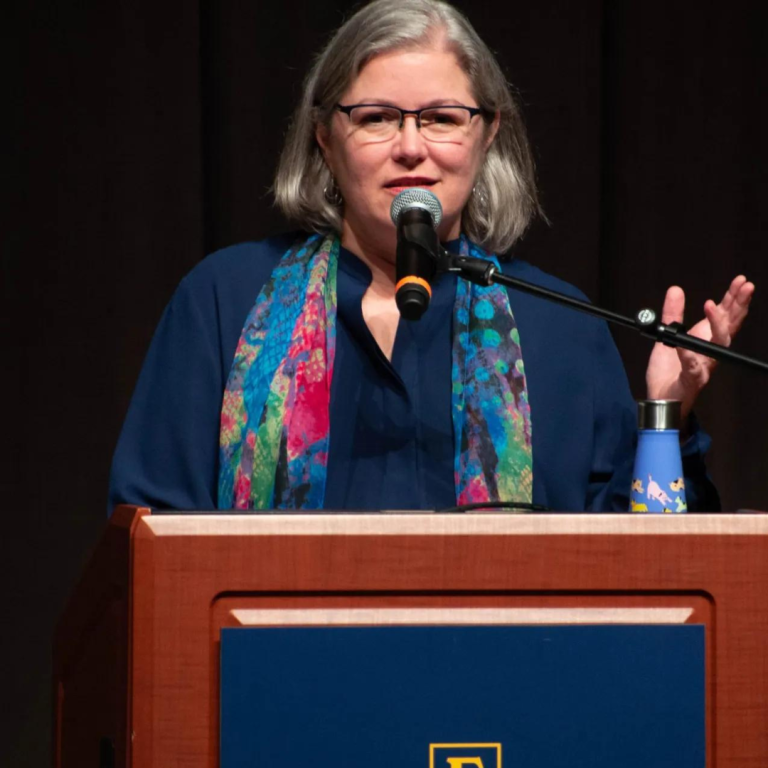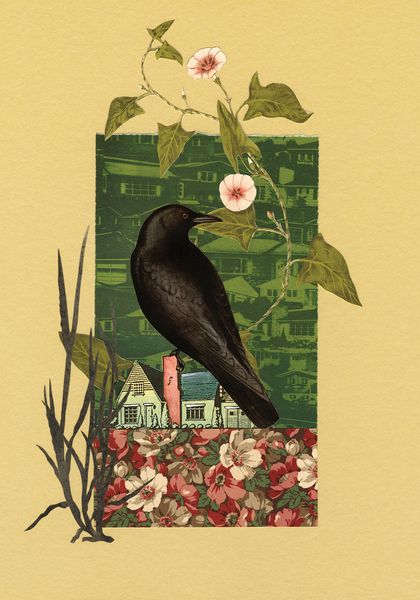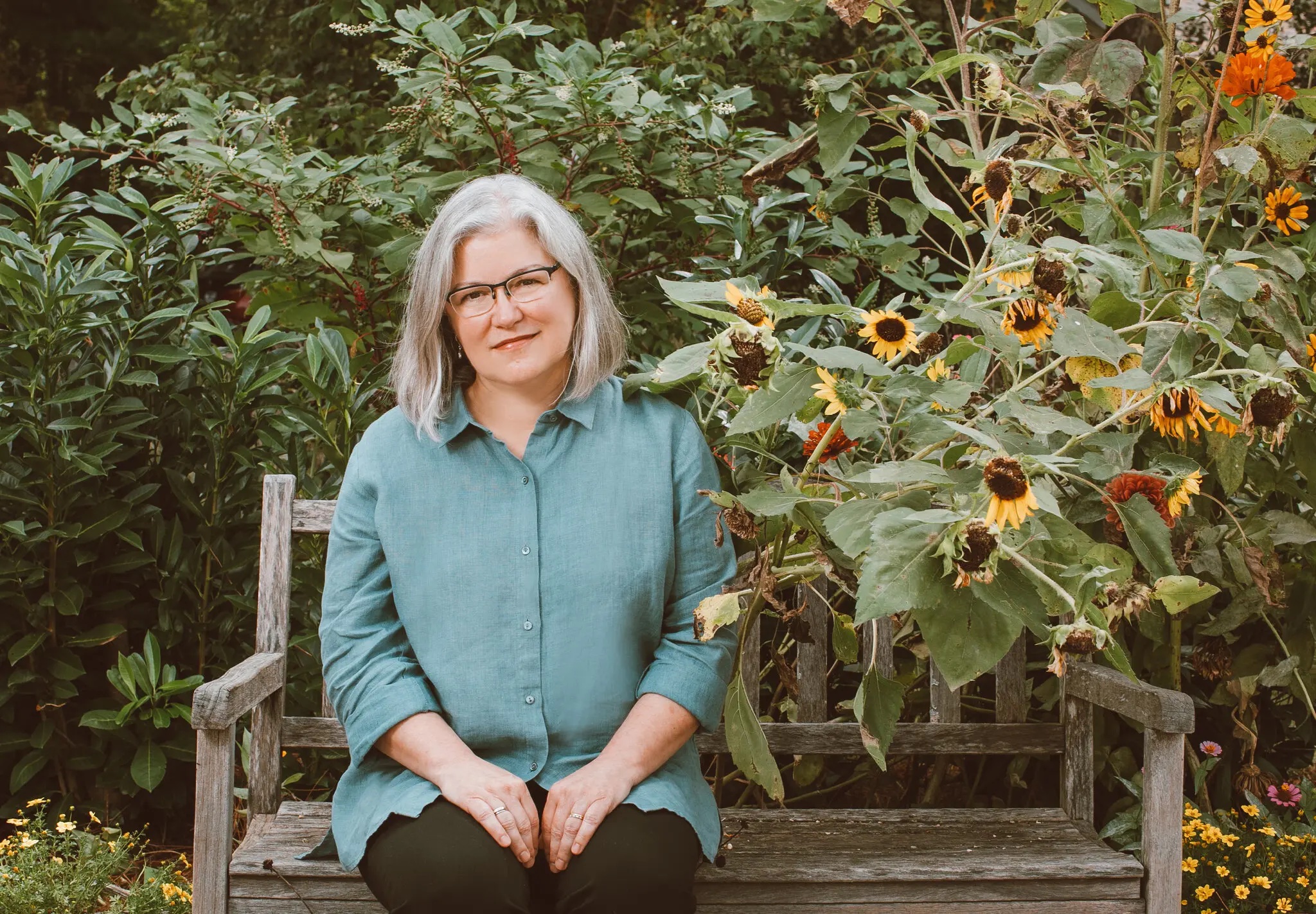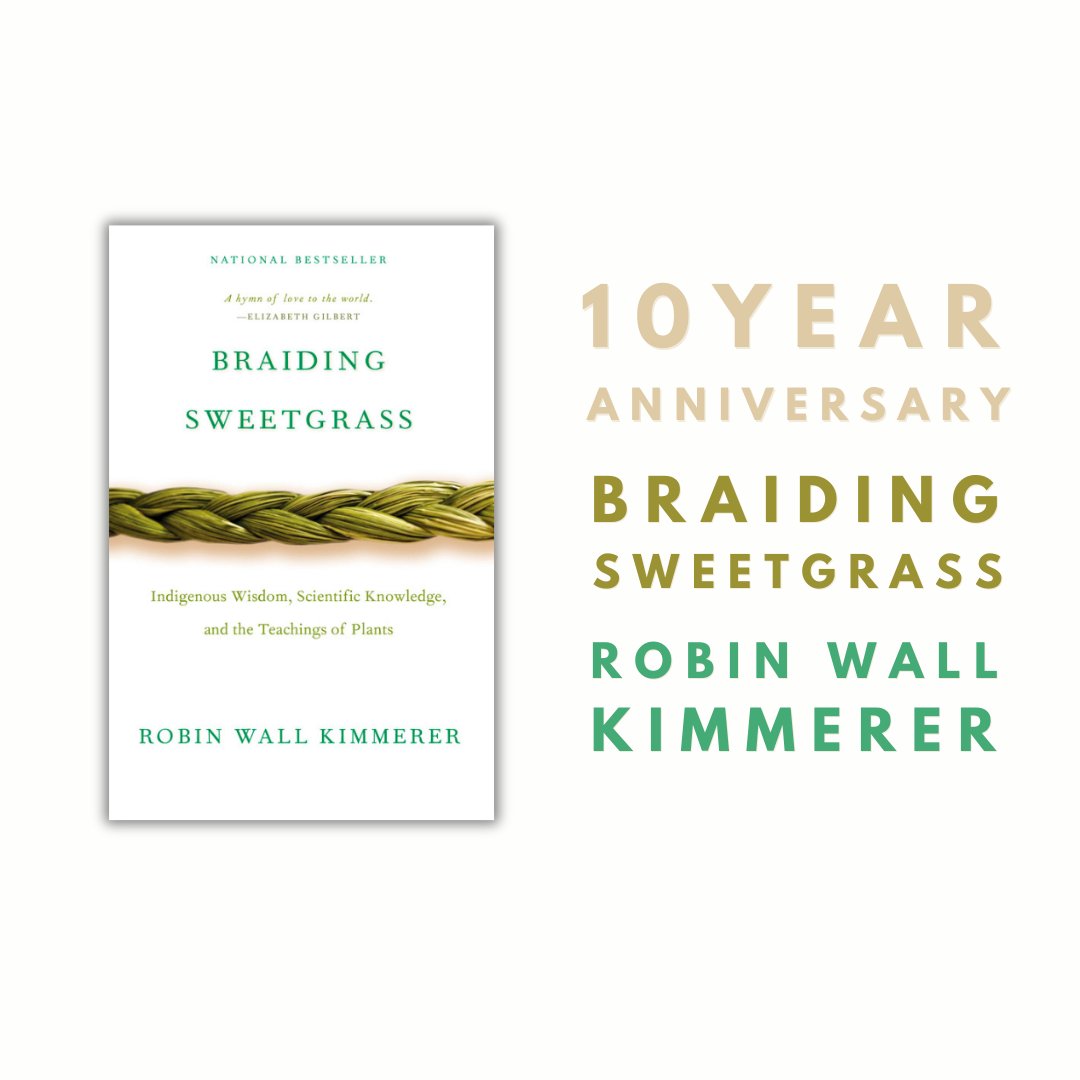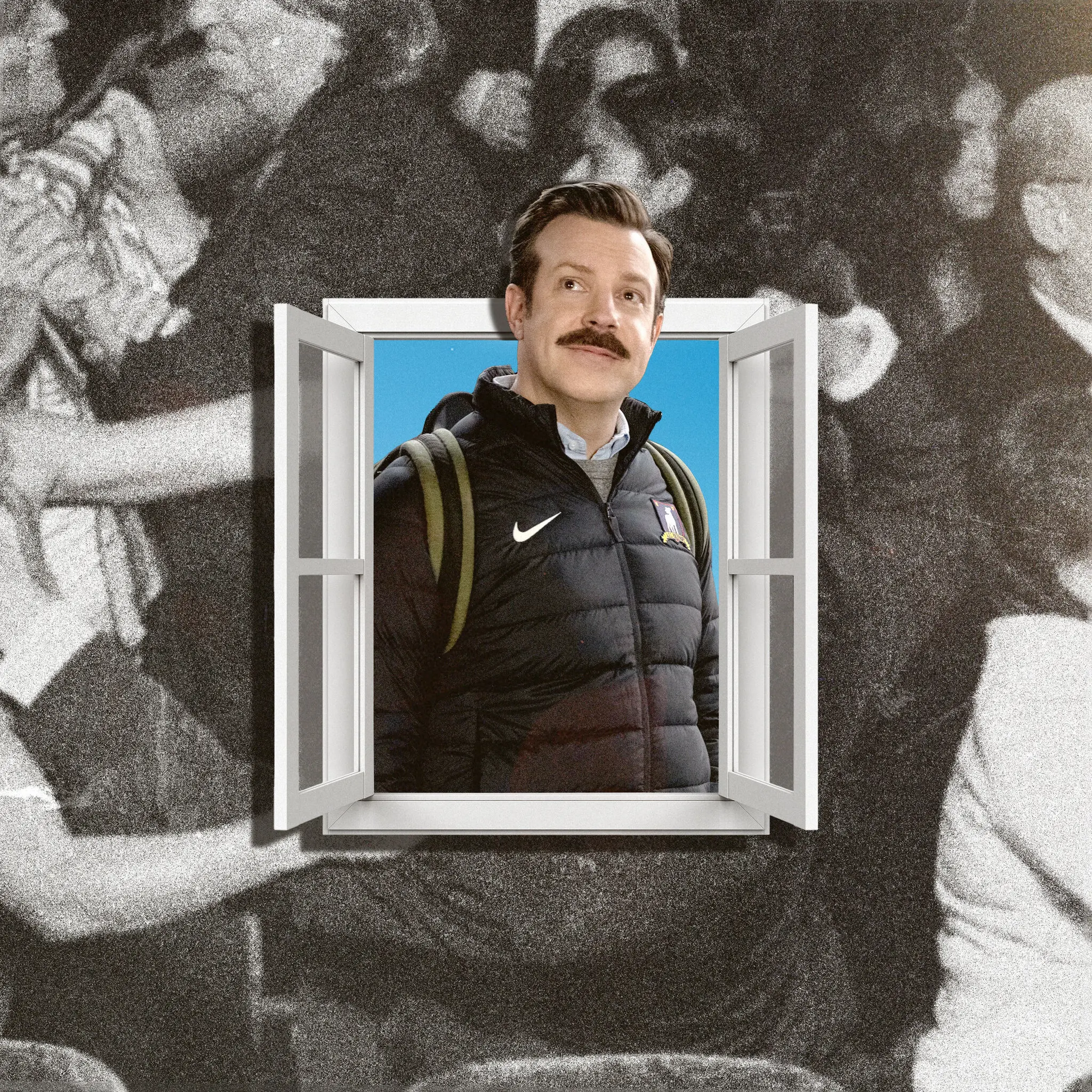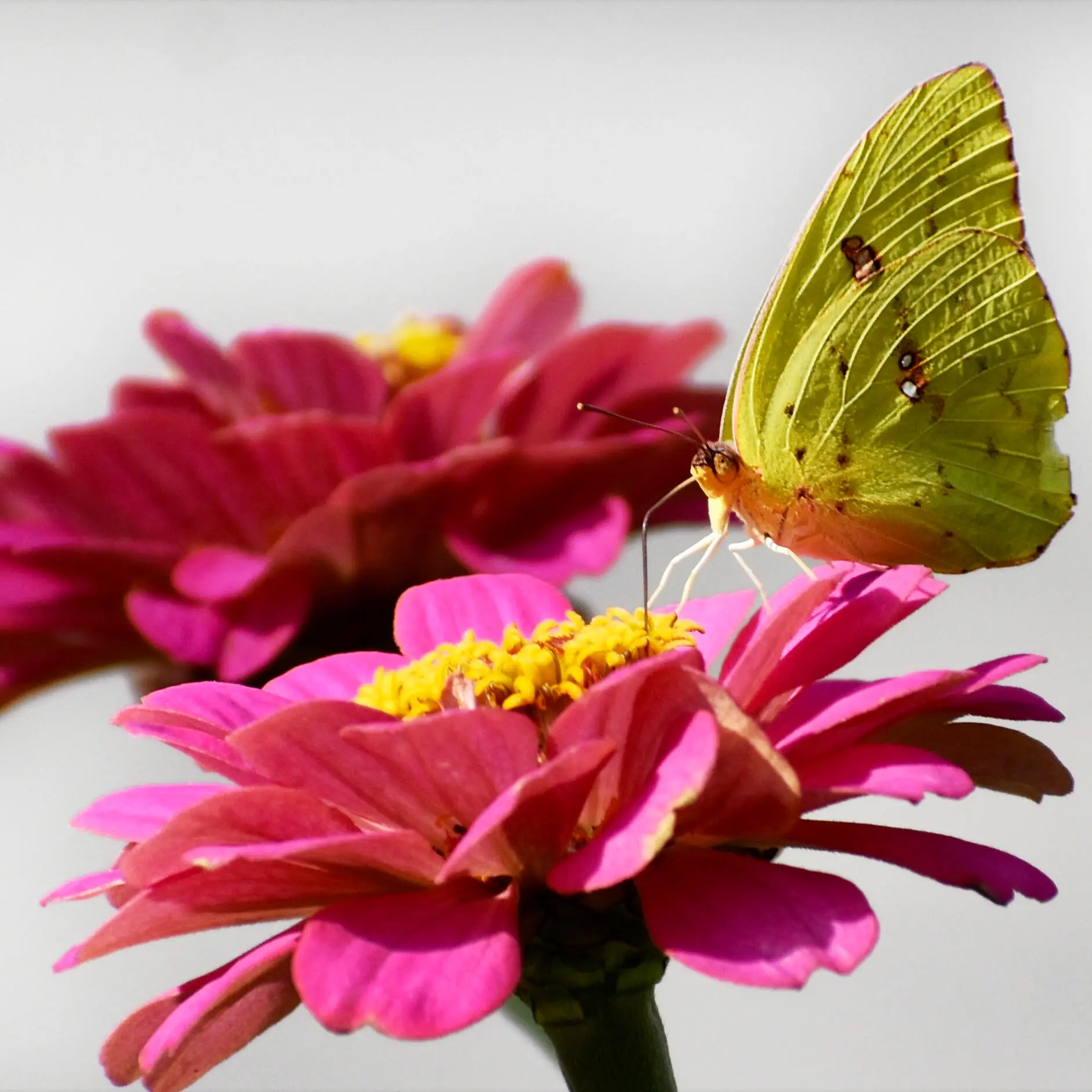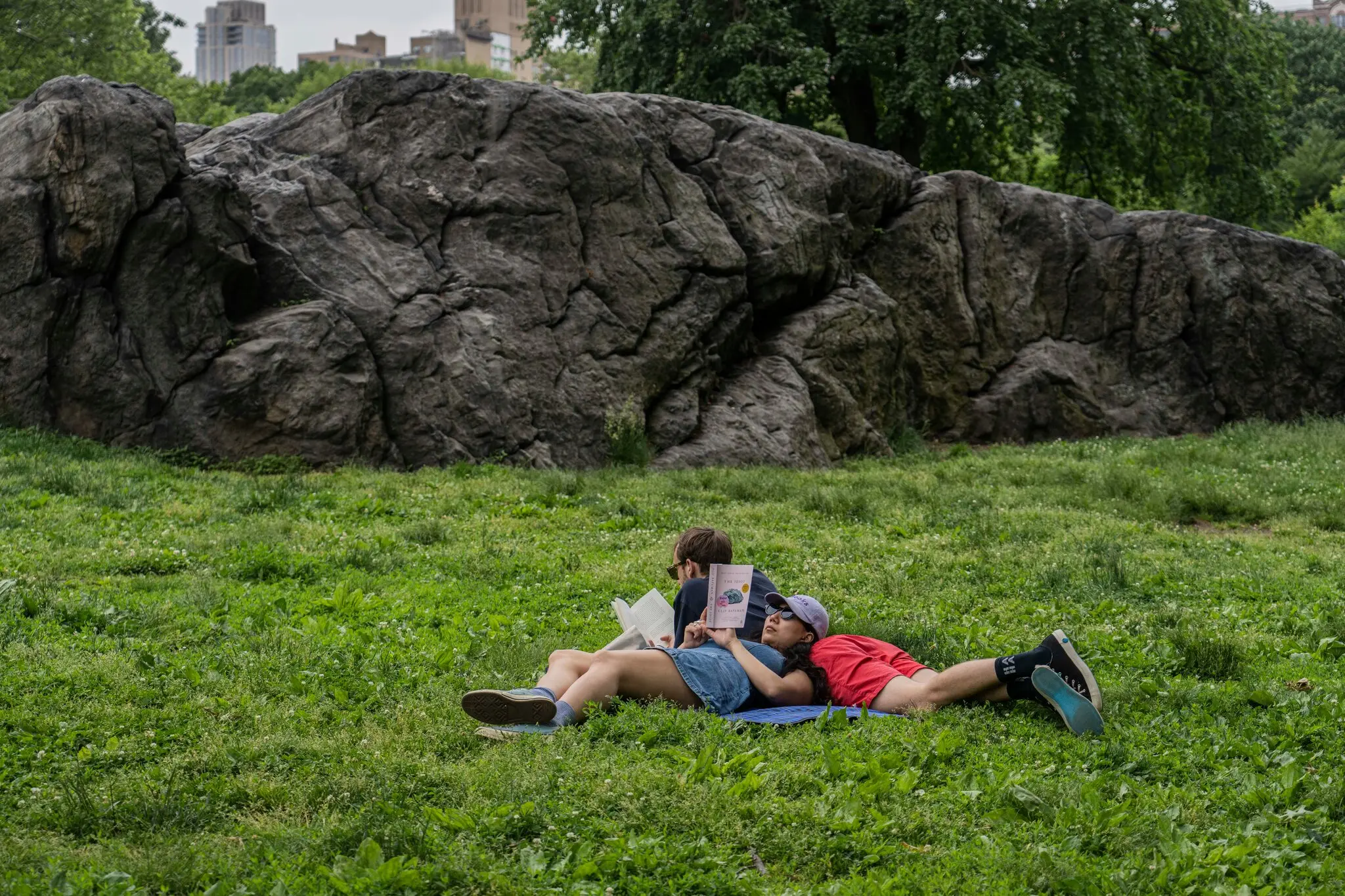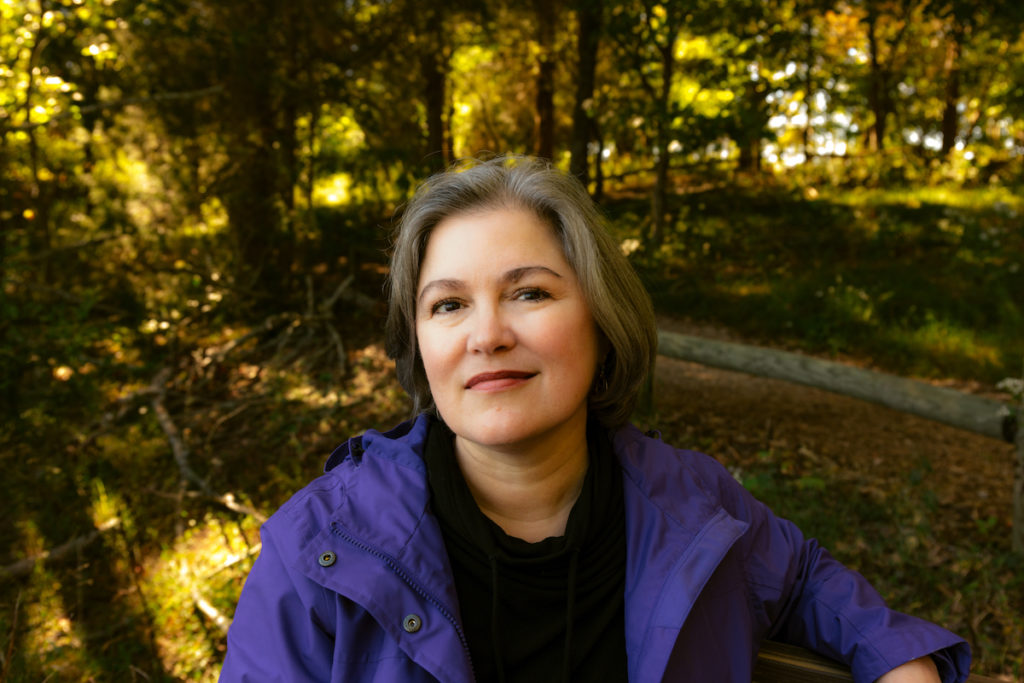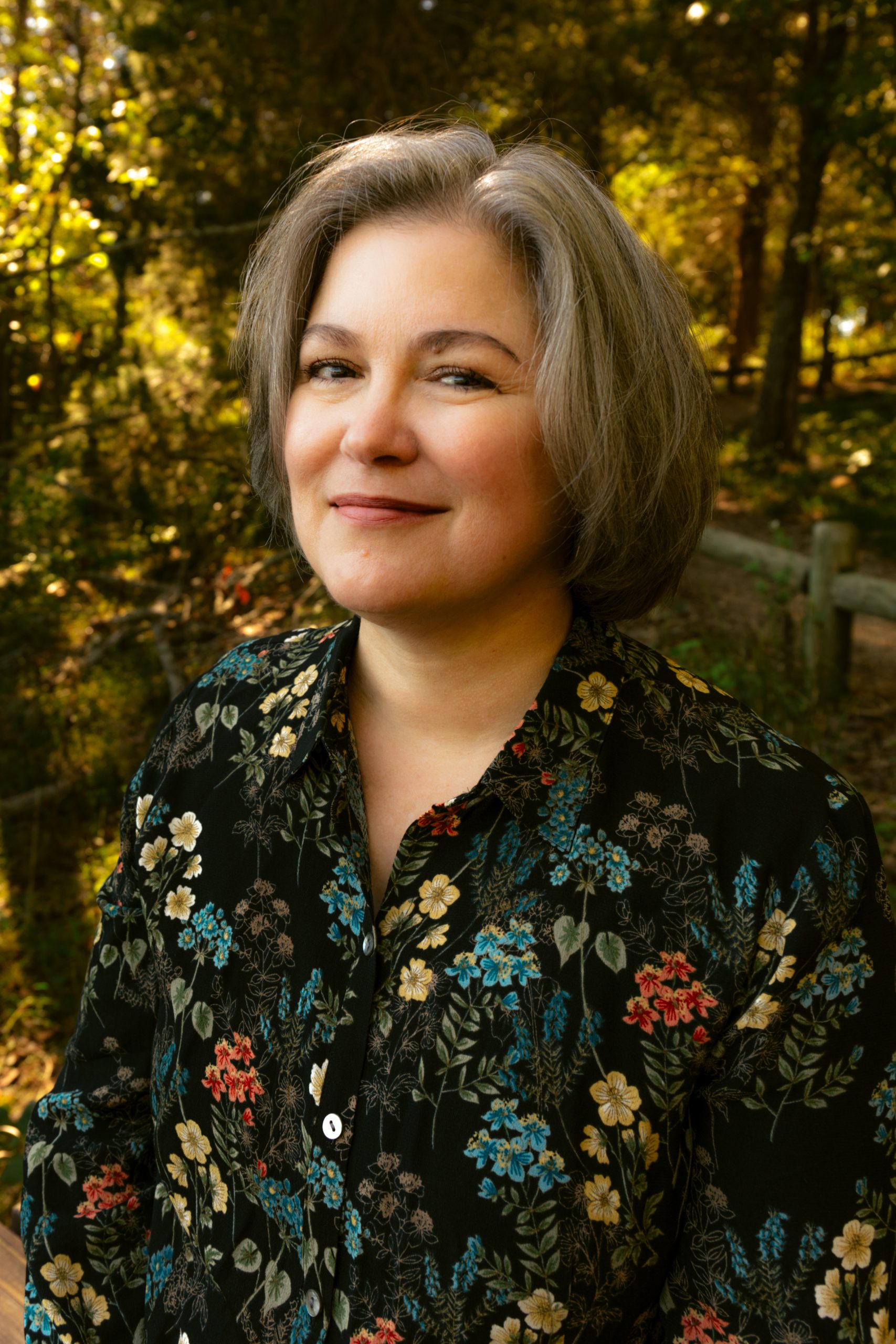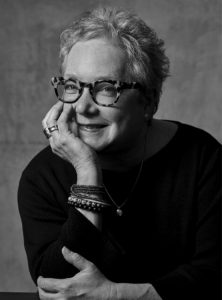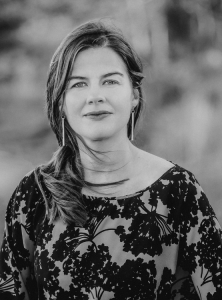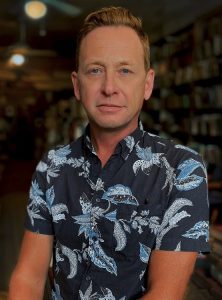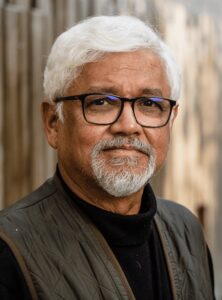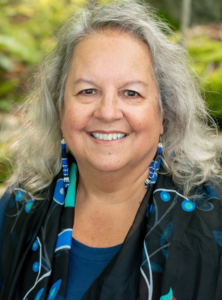Margaret Renkl is the author of Late Migrations: A Natural History of Love and Loss (2019) and Graceland, at Last: Notes on Hope and Heartache From the American South (2021), and The Comfort of Crows: A Backyard Year, (2023), which won the 2024 Southern Book Prize. Her next book, Leaf, Cloud, Crow: A Weekly Backyard Journal (October 2024), is a companion to The Comfort of Crows that offers 52 writing prompts and plentiful advice for studying the natural world. Renkl is contributing opinion writer for The New York Times, where her essays appear each Monday. A graduate of Auburn University and the University of South Carolina, she lives in Nashville.
Growing up in Alabama, Renkl was a devoted reader, an explorer of riverbeds and red-dirt roads, and a fiercely loved daughter. In Late Migrations, she traces a tender and honest portrait of her complicated parents—her exuberant, creative mother; her steady, supportive father—and of the bittersweet moments that accompany a child’s transition to caregiver. Gorgeously illustrated by the author’s brother, Billy Renkl, Late Migrations won the 2020 Reed Award for Environmental Writing and was A TODAY Show #ReadWithJenna Book Club Pick.
Renkl’s next book, Graceland, At Last, brings together more than 60 of her New York Times columns, which offer a weekly dose of natural beauty, human decency, and persistent hope. In a patchwork quilt of personal and reported essays, Renkl highlights some other voices of the South, people who are fighting for a better future for the region. A group of teenagers who organized a youth march for Black Lives Matter. An urban shepherd whose sheep remove invasive vegetation. Church parishioners sheltering the homeless. Throughout, readers will find the generosity of spirit and deep attention to the world, human and nonhuman, that keep readers returning to her columns each Monday morning. Graceland, At Last won the 2022 Southern Book Prize and the 2022 PEN/Diamonstein-Spielvogel Award for the Art of the Essay.
In The Comfort of Crows: A Backyard Year, Renkl follows the creatures and plants in her backyard during the course of a year. As we move through the seasons—from a crow spied on New Year’s Day, its resourcefulness and sense of community setting a theme for the year—what develops is a portrait of joy and grief. Joy at the ongoing pleasures of the natural world: “Until the very last cricket falls silent, the beauty-besotted will always find a reason to love the world.” And grief at a shifting climate, at winters that end too soon, at songbirds growing fewer and fewer.
Along the way, we also glimpse the changing rhythms of human life. Grown children, unexpectedly home during the pandemic, prepare to depart once more. Birdsong and night-blooming flowers evoke generations past. The city and the country where Renkl raised her family transform a little more with every passing day. How can one person make a difference amid such destabilizing changes?
